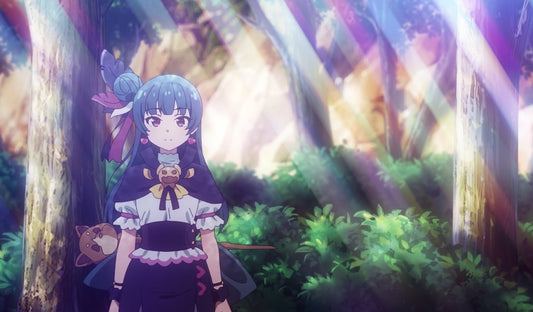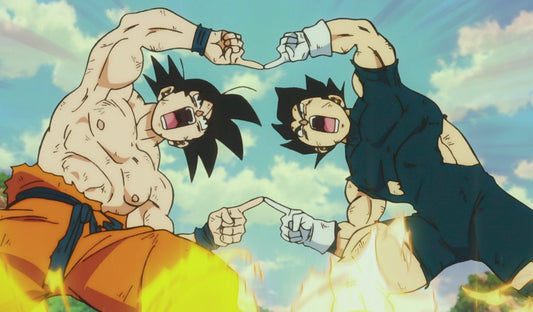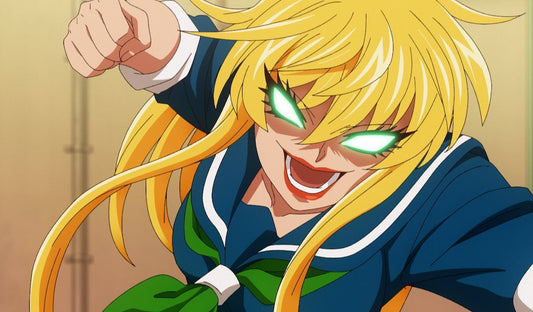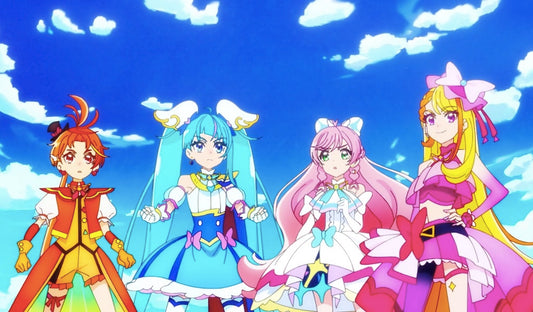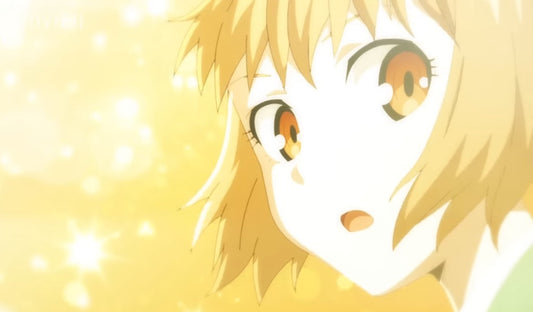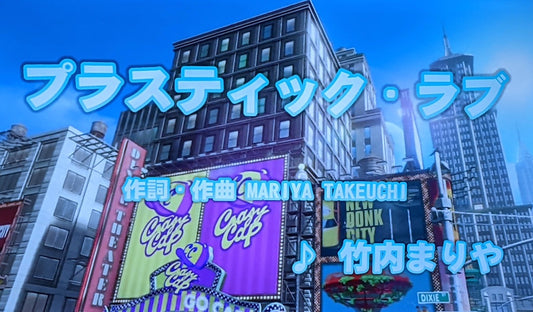School Idols vs. Pro Idols: The Hints of Sobering Reality in Love Live!
Jason SioShare


The public face of the idol industry is far different from what lies within. Girls and guys meant to provide images of purity on the surface are often the products of years of intense training, potential exploitation, and an engine of capitalism that tries to extract untold amounts of money from fans in the name of loyalty. It’s hardly unusual that idol anime tend to shy away from that seedy underbelly, which is why it surprises me that the Love Live! anime hints—albeit very subtly—at the harsh difference between fantasy and reality.
The series draws a distinction between professional idols and school idols. While both fields are competitive, the difference is similar to that of a professional baseball team and a high school one. Broadly speaking, the former is a job first and foremost, while the latter is comprised of two years of hard work and passion. The eponymous “Love Live” competition in the series is even akin to Koushien in Japanese baseball culture—the setting for the grand finals, where dreams are made and broken. To be a school idol is to take part in a world practically unto itself, where one need not conform to a setting merely for the sake of “professionalism.”



Transitioning from school idol to full-fledged idol is possible, but is shown as not being for everyone. In Love Live! The School Idol Movie, A-RISE, the previous champions of the Love Live, inform the main character, Honoka, about their group’s decision to go pro. When Tsubasa Kira, A-RISE's leader, discusses the topic, a sense of steeled determination permeates her every word, as if she’s well aware how difficult of a path she’s chosen. Tsubasa is leaving an idyllic paradise, where idols can truly live up to the ideals they present, for the cynical world of adults. Honoka, however, decides to still disband μ’s, as if to say, “What the nine of us represented will remain forever within the high school domain.” Tsubasa and Honoka choose two different paths, and their divergence further suggests that the actual professional idol industry is anything but smiles and rainbows.
This is not to say that these performers sprang up fully formed like the goddess Athena—all of them had prior professional experiences, some even as young children. However, they weren’t trained since their early teens just to be in Love Live! By the time the original Love Live! wound down, many were nearing their 30s. Currently, Honoka’s voice actress, Emi Nitta, is pursuing a professional, non-idol-based singing career. Of course, all this might just be one of the benefits of playing idols instead of being them. The image of μ’s will remain forever young, even as the actual people behind it grow older.
In the end, Love Live! is not going to be the most deeply scathing indictment of the idol industry. By design, it’ll never be able to throw any truly hard blows. And yet, within the soft, gentle world of Love Live! are noticeable indicators that “school idols,” in all their ideal glory, are a fleeting concept tied to youth and aspiration. Just the fact that there is a somewhat more clear-cut road to professional idol stardom in the world of Love Live! might suggest the possibility of a career path lacking in real" idol-dom. Just as a high school baseball player might take their skills and hone them in college and on, girls in Love Live! can learn the basics and the passion of idols as school idols before attempting to enter the “proper” idol industry—as long as they’re prepared for the consequences.